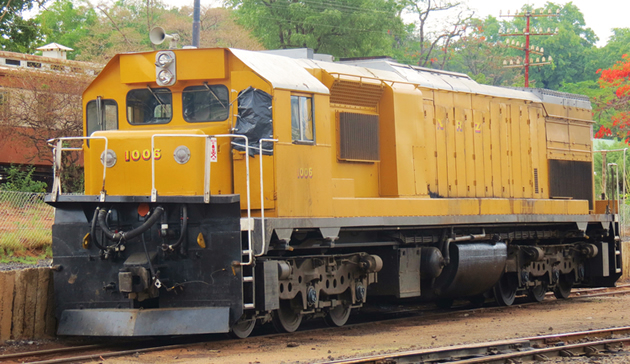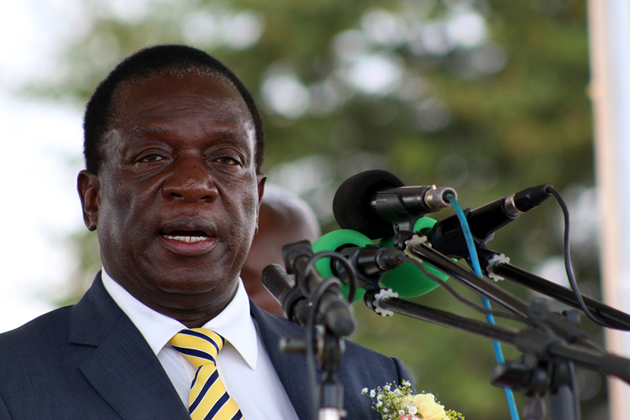Editorial Comment: NRZ needs to think outside the box

The National Railways of Zimbabwe plans to lay off 1 400 workers after the net loss for 2015 widened to $40,88 million from $31,6 million in the previous year contributing to a cumulative loss of $276,43 million since dollarisation.
According to the Auditor-General report for 2015, the State-owned enterprise which is supposed to be the prime mover of freight, closed the year with net current liabilities of $170,91 million from $131,13 million in 2014.
NRZ has an important transit function in the southern part of Africa and is well linked with neighbouring countries: toward the north, at Victoria Falls the system links to the Zambia Railways, crossing the Victoria Falls Bridge.
Toward the Indian Ocean the system links to the Beira Railroad Corporation in Mozambique. A second line toward Mozambique reaches Maputo.
To the west, a connecting line links up to Botswana Railways to reach South Africa, eventually reaching Durban and Cape Town. A direct line to South Africa from Bulawayo was opened in 1999 by the Beitbridge Bulawayo Railway.
The 313km Gweru-Harare section is electrified at 25kV AC.
The country’s rail track covers 3 400 km and was designed to carry 18 million tonnes of traffic every year in 1897. The tracks are infested with cautions (equivalent of potholes) while there are no signals and telecoms as they were either vandalised or are now obsolete leading to the use of a backward GPS system.
Latest statistics from Zimstat show that the bulk of NRZ’s revenue comes largely from coal freight, but the Auditor-General Mildred Chiri in her report notes that revenue could be higher if the railway company properly accounted for all income streams including properties.
What is evidently clear is that NRZ has no financial capacity to address the plethora of problems it is facing while based on its financial statement, it is not an attractive investment case.
Who would invest in an entity straddled by crippling debts and whose key assets (locomotives, wagons) are past their lifespan? Which investor would want to be associated with such?
In yesterday’s edition, NRZ board chair Mr Larry Mavhima said that the company will lay off 1 400 workers following completion of a forensic audit that identified excesses.
Already, the huge staff complement is owed salaries backdating more than 15 months ago, which has seen it accumulating arrears of $68 million. And Mr Mavhima did admit that NRZ is over staffed in relation to its volume of business, which is in tandem with challenges the economy is facing.
Given this scenario, Government needs to look beyond the so called strategic partners and/or funding from development institutions and package the institution differently.
Trying to rehabilitate those “dinosaurs” at Kenneth Kaunda Ave in Harare and at Metcalf Square along 13th Avenue in Bulawayo is a futile exercise.
It is clear, from news coming out of the national rail operator that it does not have, neither does Government, resources required to lift it out of the mire.
An option would be to turn NRZ into a railways regulatory authority and to open up the tracks to private players or PPP arrangements.
Government would then raise funds to maintain the tracks through the issuance of licences to operators.
Making NRZ a regulatory authority would allow Government to keep oversight of this strategic industry while allowing private sector participation at a time the country has many other pressing financial obligations.
As a regulatory authority, NRZ would play much the same role as the Civil Aviation Authority of Zimbabwe and Zimbabwe National Road Administration, which is not capital intensive.
Five years ago Government approved a programme to restructure, commercialise and privatise at least 10 companies and there was interest from foreign investors. Unfortunately, not much materialised in this regard.
Targeted firms included the Grain Marketing Board, NRZ, TelOne, NetOne, AgriBank, Ziscosteel, the then National Oil Company of Zimbabwe, Zesa Holdings, Air Zimbabwe and beef producer Cold Storage Company.










Comments